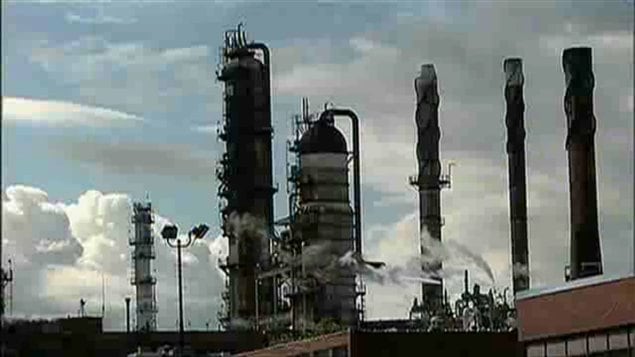A carbon tax passed in the Canadian province of British Columbia in 2008 has been successful in reducing fuel use and reducing greenhouse emissions, and it has not hurt the economy, according to a report by the think-tank Sustainable Prosperity.
Initially set at $10 per tonne of carbon dioxide equivalent, the tax increased $5 per tonne annually until it reached $30 per tonne today. While the provinces of Alberta and Quebec have lesser fuel levies, British Columbia is the only Canadian province to apply a tax on all forms of carbon emission-producing fuel used by consumers, government or industry.
Fuel consumption, emissions declined
Fuel consumption in B.C. has declined 17.4 per cent per capita since the carbon tax was introduced says the report, basing its figures on government statistics. It adds that greenhouse gas emissions in B.C. have declined by about 10% over that period, compared to a decline of 1% in the rest of Canada.
“There may be several things that explain that (decline) but it looks like the carbon tax is an important part of that,” said Michael Cleland, former president of the Canadian Gas Association and now on the steering committee of Sustainable Prosperity.
A major recession in the world economy in 2008 may account for some of the drop in emissions notes Cleland but he adds that after the recession, B.C. emissions continued to drop and the province’s pattern of emissions diverged from that of the rest of Canada.
At the same time there is no evidence that B.C. suffered any economic consequences says the report, noting the province’s GDP kept pace with that of the rest of the country.That may be related to the fact that the tax was designed to be revenue-neutral in that all its revenues were shifted to reduce other taxes.

Michael Cleland, former president of the
Canadian Gas Association. © Courtesy Quest
Carbon tax “simple to implement”
“The key thing the report says is that there is a way of dealing with greenhouse gas emissions that is administratively simple to implement,” said Cleland, “that appears to be, if not positive for the economy, certainly not negative, and produces a result and that it can be introduced fairly quickly.”
B.C.’s carbon tax did elicit some controversy, but Cleland notes the province’s government did survive its introduction quite easily.
Industry will respond favourably to the report, argues Cleland. Publicly, companies may not want to come out publicly in favour of a tax which may not be popular with the government of their particular jurisdiction, but privately, Cleland thinks they prefer a carbon tax to regulation as a way of reducing greenhouse gas emissions.
The report by Sustainable Prosperity is available on line now and will be published in the next issue of the academic journal, Canadian Public Policy.







For reasons beyond our control, and for an undetermined period of time, our comment section is now closed. However, our social networks remain open to your contributions.